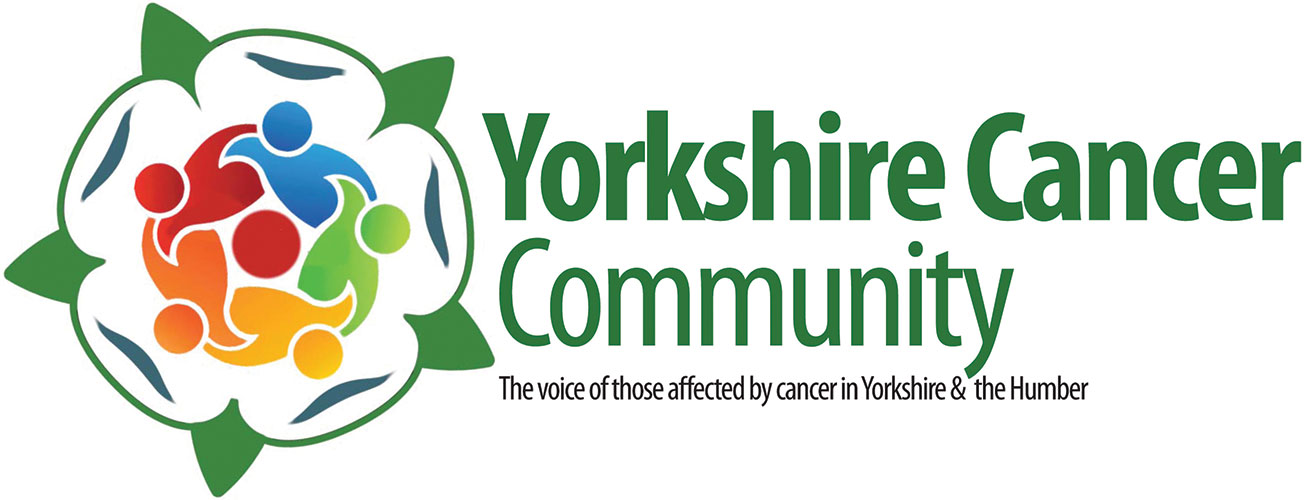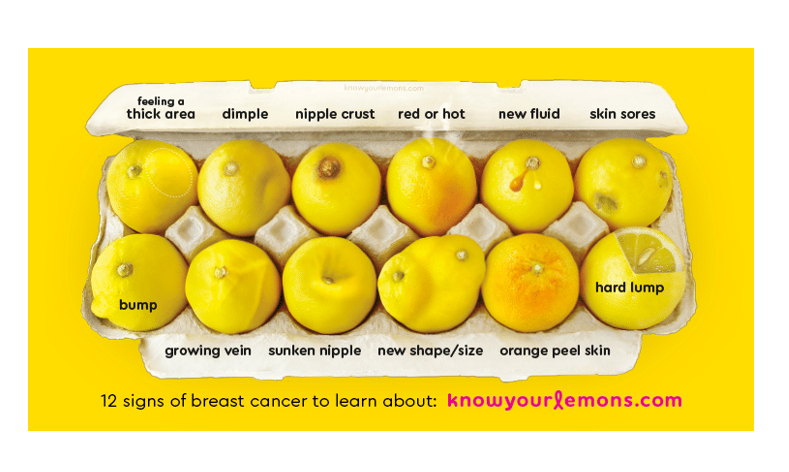Secondary breast cancer is when cancer cells from a cancer that started in the breast, spread to other parts of the body. The cancer that started in the breast is called primary breast cancer.
Secondary breast cancer is also called advanced breast cancer or metastatic breast cancer.
The most common places for breast cancer to spread are: Bones, lungs, liver, skin and brain
Rarely, breast cancer may spread to other parts of the body such as the bone marrow, ovaries, or lining of the tummy which is called the peritoneum.
Secondary breast cancer is treatable but not curable.
Nearly 30% of women diagnosed with early-stage breast cancer will develop metastatic disease. Some women are diagnosed with metastatic or secondary breast cancer from the start. This is called de novo.
Further information can be found at:
www.abcdiagnosis.co.uk – After Breast Cancer Diagnosis – supporting primary and secondary breast cancer patients to make informed choices
www.metupuk.org.uk – the only patient advocacy group in the UK
Working for a cancer patients’ charity is a very privileged position and an honour and I can be accused of over using the word ‘inspirational’ when I talk about the wonderful people I come across day after day, coping with difficult diagnoses.
But I’m going to use the word ‘inspirational’ again to describe the women I met at Maggie’s Yorkshire, attending the Living with Secondary Breast Cancer group, facilitated by Breast Cancer Now.
Life has dealt them a cruel blow. Some are mums with young children, some are approaching retirement age but they are united by a diagnosis which means their condition is treatable but not curable.
But as a group, they are not bitter, and the morning was full of love and laughter.
They agreed that planning too far ahead was impossible but as one member put it: “Every day is a bonus”.
They travel from Leeds, York, Wakefield, Bradford and surrounding districts to the monthly sessions held in the calming and welcoming Maggie’s building which stands next to the Bexley Wing, Leeds. Coming together, being there for each other and knowing that each person has ‘walked in your shoes’ is what makes the women gel.
There is very little other support available, since the closure of the Breast Cancer Haven during lockdown, although some have found their local hospice to be helpful.
Breast cancer support groups typically focus on primary breast cancers, and the women I met said they felt uncomfortable joining a ‘main stream’ group.
“We don’t want to scare them, when they are all counting down to when their treatment finishes,” explained one group member.
Their plea is for healthcare professionals to be better informed about Secondary Breast Cancer. The group talked about late diagnoses, lack of information or contradictory advice being the standard.
Women who had worries about breast cancer returning were dismissed by their GPs, or were unable to see their GP during lockdown.
Primary breast cancer patients are allocated a breast care nurse, but each Hospital Trust does not have anyone specialising in Secondary Breast Cancer, when a patient’s need for clinical support is likely to be greater.
Leeds patients Fran Batty and Vicky Bailey tell their story
When Fran was initially diagnosed with breast cancer in 2011, she asked for a mastectomy, but was told there was no need as there was no family history of breast cancer.
It was only in 2016, she discovered that family members on her father’s side, carried the BRCA 1 and BRCA2 gene mutation. For women this means a high risk of breast and ovarian cancer.
Unfortunately a routinely annual mammogram in 2017 discovered the cancer was back in the same breast. She had a mastectomy in 2017 and hysterectomy in 2018.
“No one talks to you at your hospital appointments about the BRCA gene. I was told I had a 3% chance of the breast cancer recurring.”
In 2021, Fran was struggling with a ‘trapped nerve’ and pain in her shoulder and arm. As someone who uses a keyboard in her daily work as an online administrative officer, she found it difficult to type. Her GPs prescribed painkillers to deal with the pain which over a course of two months steadily increased until she was taking 16 tablets a day.
She kept asking if they were sure it wasn’t breast cancer returning, but since it was Covid, she never had a face to face appointment.
“I felt awful all the time, but no one seemed to believe me,” she added.
Finally after two months of agony, she was referred to a musculoskeletal consultant who sent her for an MRI scan. The scan revealed tumours on her spine that were around three nerves in her pelvis, sternum and chest wall.
Fran was referred back to the breast clinic and within seven days was seeing an oncologist and having tests which confirmed the cancer had spread to her bones.
“I was in a very bad place. I was very depressed for a while.”
Fran was weaned off much of her medication and offered chemotherapy which helped to shrink the tumours and reduce the fluid on her lungs.
“I’ve still got cancer in my bones, I have weekly chemo but I’m OK. I take the good days and make the most of them,” said Fran.
Vicky, like Fran, found the initial lump through self examination. Two weeks after visiting her GP in 2018, she was referred to the breast clinic where they organised a mammogram and biopsy.
The lump was 7 cm, she had her lymph nodes removed, a CT scan, and then arrangements were made for a mastectomy.
Before the procedure took place, Vicky was invited back to the hospital.
“They said they were sorry but the cancer had spread to my bones, pelvis, shoulder blades and breastbones,” she explained.
The type of cancer Vicky has was described as ‘de novo’ metastatic breast cancer, meaning the cancer is metastatic from the start.
This news meant there was no need for Vicky to have a mastectomy but began a regime of hormonal therapy which she still takes today along with a targeted therapy.
“A bone scan last year said the bone metastases had healed and there was currently no evidence of disease except in my breast, which wasn’t getting any bigger, ”said Vicky.
Both women agreed they received most support from fellow patients rather than clinical staff.
“When I want to know anything, I ask other patients. I always get an answer. Everyone is so knowledgeable about the treatment they have been through,” Fran told me.
Vicky added: “You have to become an expert on your own health.”
Breast Cancer Now offer a range of support to women living with secondary breast cancer including on line and face to face groups.
Face to face groups are held in the following places:
Manchester
Leeds – first Friday of each month at 11 am at Maggie’s Leeds
Sheffield – due to resume in March
York – due to resume 21 April
North Lincolnshire (Scunthorpe) – likely to resume this summer
They also campaign to ensure the right support, treatment and care is available. Further information from secondaryservices@breastcancernow.org or call 0345 077 1893

